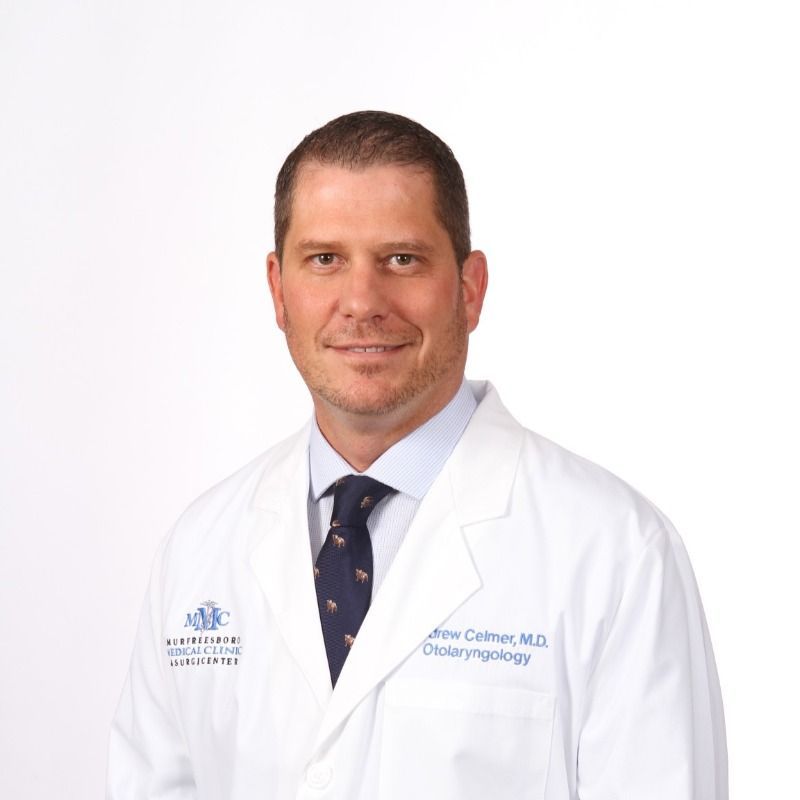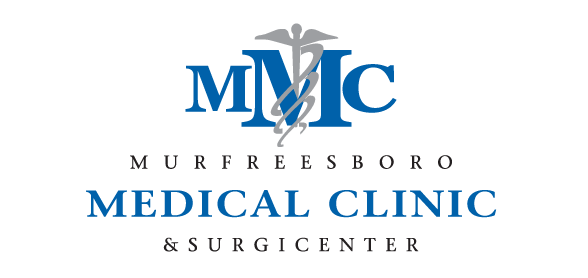Q&A with Voice Specialist, Dr. Andrew Celmer

What is a voice specialist? A voice specialist, often referred to as a Laryngologist, is a physician who has received specialized training in the care of the vocal cords and other diseases specific to the throat. They have often completed an accredited residency for Otolaryngology (Ear, Nose, and Throat), but then spend an extra 1 to 2 years of specialized training regarding the voice. There are a limited number of specialists trained each year within the country. Laryngology is now fully recognized as a subspecialty of Otolaryngology.
Why would I need to see one? You do not have to be a professional singer to see a Laryngologist, although Laryngologists do treat a lot of patients in the entertainment industry. As a general rule, any person with voice problems lasting longer than 3 weeks should at least be evaluated by an Otolaryngologist or a Laryngologist. However, it should be noted, that if you ever experience a sudden change in voice, particularly with the onset of pain, you should rest your voice and immediately contact your physician for a referral. Other common symptoms would be pain with talking or swallowing,difficulty swallowing, a sensation of a lump in the throat, chronic cough (a cough lasting longer than 3 months,) or chronic throat clearing.
What treatments do they provide? Often in the 1st visit a Laryngologist will perform an in office procedure known as stroboscopy. This is a video examination of the throat and vocal cords, which can be comfortably performed in an office setting. Treatment is often determined by the patient’s concerns and the findings noted on the stroboscopy. Common vocal cord lesions treated with surgical intervention would be polyps, nodules, or even vocal cord cancer. There are also procedures available for patients who may have suffereda vocal cord weakness or paralysis from a severe illness or a prior surgery on the neck. However, there are many conditions that do not require surgical intervention. These can range from chronic inflammation or infection of the vocal cords to neurologic change in the function of the vocal cords. In these cases, treatment often involves medications or even specific therapy for the voice. Often a Laryngologist works hand in hand with a certified speech pathologist to maximize a treatment plan for each patient. In rare instances,patients can develop spasmodic changes in vocal function. In these cases,sometimes Botox injections can be performed to minimize symptoms and regain normal vocal function. Lastly, anyone with a history of smoking and vocal changes should contact their physician as soon as possible for referral.
To schedule an appointment with Dr. Andrew Celmer, call 615-867-8110 or visit his page here.






